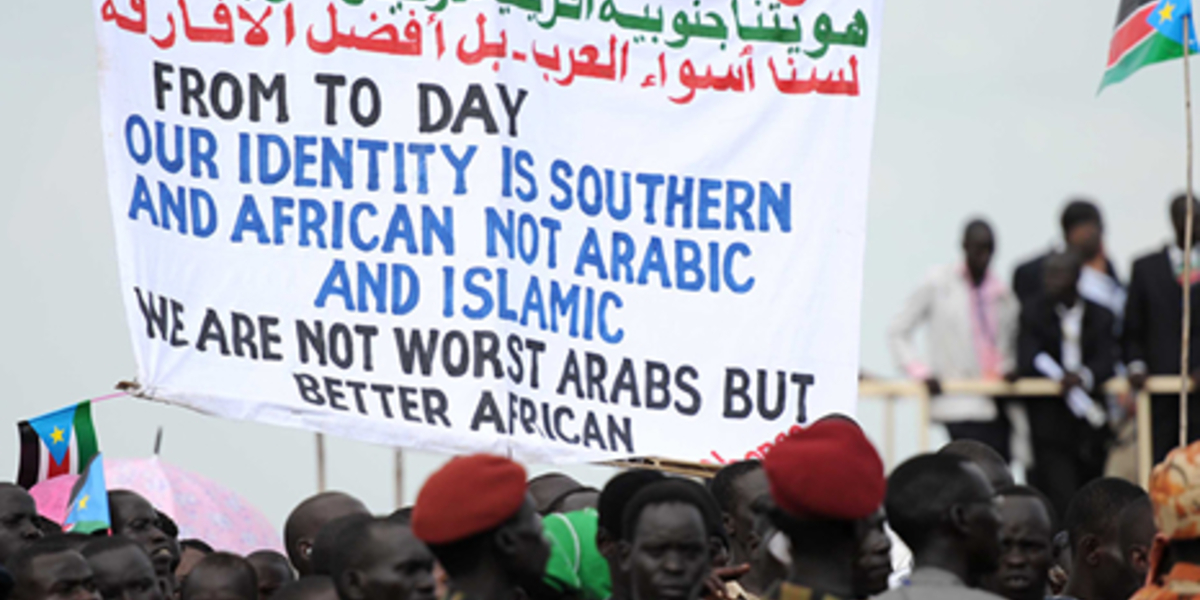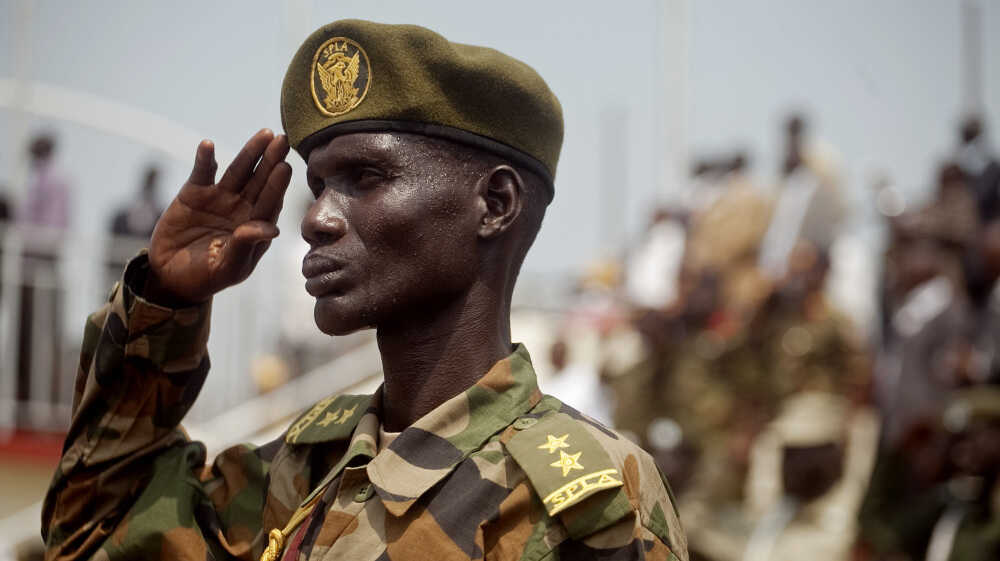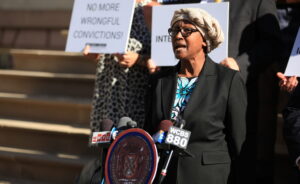
Sudan's Struggle For Independence
Khartoum, Sudan — As Americans congratulate their country on 246 years of independence from the oppressive heel of the British Monarchy, Sudanese freedom fighters continue to march, facing a blood-stained struggle to usher in lasting independence of their own. This week, in Sudan’s capital of Khartoum, protests over Democratic freedom reached a violent crescendo as nine were killed during anti-coup demonstrations.
Similar demonstrations have occurred every week since military officials forcefully ended Sudan’s power-shared government on Oct. 25, 2021. The coup d’état, led by General Abdel Fattah al-Burhan, dissolved Sudan’s recently instituted transitional Sovereign Council, which consisted of both civilian and military leadership. The forced dissolution prompted massive protests from the pro-civilian factions. Since the military takeover on Oct. 25, thousands of demonstrators have been wounded/arrested, and 113 have died.
In the two years preceding the Oct. 25 coup, Sudan’s ruling body consisted of a brittle alliance between civilian and military leaders. The transitional system was implemented after overthrowing three decades of autocratic rule under Omar al-Bashir. After Bashir’s deposition, military officials advanced to the seat of power but met heavy opposition from civilian leadership. Mounting pressure caused the junta to compromise, finally establishing the transitional Sovereign Council. With the fresh clays of transitional government still soft for molding, a new chapter began in the political history of the wartorn Northeast African nation. However, it was a chapter that was soon forced shut by the military wing of Sudan’s new transitional government.
The Reign of Omar al-Bashir
For thirty years, Bashir ruled Sudan in a dictatorial vice-grip. But in 2019, amid economic instability, declining living standards, and authoritarian corruption, the Sudanese military—working alongside pro-Democratic factions—ousted and imprisoned Bashir.
Brigadier General Omar al-Bashir ascended to power in 1989 in a bloodless coup. It came when Sudan’s North and South regions were mired in a longstanding civil war. Once he secured power, Bashir scrubbed the nation of its multi-party system, instituted heavy control of the press, and allied with the National Islamic Front to institute the law of Islamic fundamentalism throughout the country.
In his first few years, Bashir assumed executive power within the fissures of the transitional government. By 1993, he assumed the Presidency, where he remained until 2019. During the final years of the 20th century, Sudan discovered massive oil deposits, and the country took on a period of economic prosperity. Khartoum rapidly modernized, and Bashir was praised throughout the Northern regions of Sudan as a political savior.
Civil war continued flaring as the Sudanese People’s Liberation Movement (SPLM) in Southern Sudan fought to return the nation to Democratic control. Throughout the 1990s and early 21st century, Bashir’s state-led People’s Defence Forces performed raids on the southern regions. They enslaved hundreds of thousands of Southern Sudanese women and children. Finally, after over a decade of brutal civil war, in 2005, the Nairobi Comprehensive Peace Agreement was signed, granting Southern Sudan six years of independence. After the end of the six years, in 2011, a referendum was held, and the people of South Sudan voted—by an overwhelming margin—to secede and form a new nation.
The secession eliminated over 70% of Sudan’s oil wealth, and over the 2010s living conditions plummeted. Amidst soaring inflation, political corruption, and financial instability, protests broke out, calling for Bashir’s resignation. Bashir responded with stringent crackdowns, and many protesters were executed. Finally, in April 2019, the Sudanese military took control, and Bashir’s thirty-year reign concluded.

Bashir’s Trial for War Crimes
Since the early 21st century, international leaders have called for Bashir to face justice for his crimes against the citizens of Southern Sudan. In 2002, the United States acknowledged Bashirs’s responsibility for genocide in Sudan’s Darfur region. And in 2009, the International Criminal Court (ICC) issued a warrant for his arrest for a long sheet of war crimes and crimes against humanity, explaining that upwards of three million perished as a result of the conflict since he took office.
Last August, upon toppling Bashir’s regime, the Sudanese transitional government announced they would hand him over to the ICC for trial. However, since the military coup, there have been no further updates, although members of the ICC continue to call for him to be delivered to their court.
Sudan’s Continuing Struggle
Sudan is a country that’s known very little of peacetime. Since shedding British colonial powers in 1958, Sudan has seen brief bursts of Democratic potential followed by long relapses into a bloodthirsty militaristic rule. Moreover, cohesion has always been a struggle, given the area’s severe racial, regional, and religious divides, which remain even after the 2011 separation of North and South.
The perils of transitional government continue to plague Sudan as bullets and bombs remain to be solutions by those in power to crush pro-Democratic protests. However, the resolve of the Sudanese population that believes in a civilian-led government, in their insistence of protest even in the face of executions, shows no intention of surrender. And it’s in this stubborn resolve that lasting independence is born, nourished, and prospers.
Thumbnail Credits: Ohio State University
Sources:
- 9 Killed in Sudan Rally
- Military Takeover of Sudan
- Omar al-Bashir Ousted as President
- Sudanese Civil War
- Sudan: A History of a Broken Land
- US Relations with Sudan
- ICC Issues Warrant for Bashir’s Arrest
- Sudanese Government Says Promises to Hand over Bashir to ICC





